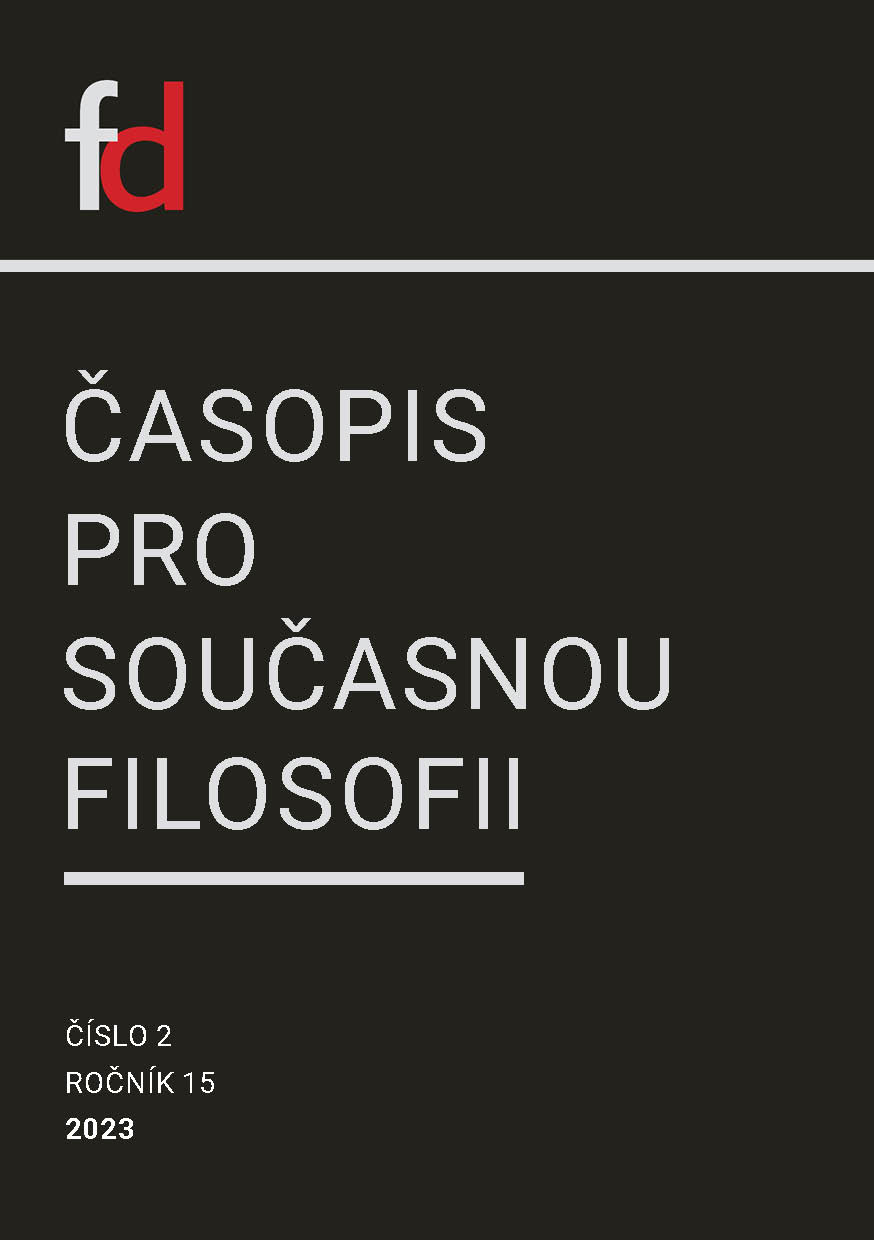Nietzsche’s „Retranslation of the Human Being Back Into Nature“ as a Beginning of Post-Anthropocentrism
DOI:
https://doi.org/10.26806/fd.v15i2.489Abstract
The article responds to the monograph Homo Natura: Nietzsche, Philosophical Anthropology and Biopolitics (2020) by Vanessa Lemm, which deals with Nietzsche’s task of “translating the human being back into nature”. The response is directed at one of the book’s main theses, according to which this idea opens up a new, post-anthropocentric view of the human being and its relationship to nature – a view in whose centre is no longer the human being, but life itself. According to Lemm, Nietzsche’s idea of homo natura foreshadows contemporary posthumanism and its post-anthropocentric view of the human being’s relationship to nature, designed to provide an appropriate theoretical framework for human self-conception in the epoch of the Anthropocene. The article complements this thesis with Heidegger’s interpretation of Nietzsche’s idea of the overman, presented in the series of lectures What Is Thinking?, in which the overman is understood as an ecological ideal of humanity capable of responsibly assuming the power resulting from the technical transformation of the earth. The aim of the article is to show that, in accordance with the interpretations of Lemm and Heidegger, in Nietzsche it is possible to find a way in which humanity could cope with the reality of the Anthropocene, through a transition from the “last man” to the “overman”, where the transition to the “overman” is understood as the idea of establishing a new relationship between humans and nature, i.e. between humans and the earth.
Downloads
Published
Issue
Section
License
Authors who publish in this journal agree that:
1. Authors retain copyright and guarantee the journal the right of first publishing. All published articles are licensed under the Creative Commons Attribution license, which allows others to share this work under condition that its author and first publishing in this journal was acknowledged.
2. Authors may enter into other agreements for non-exclusive dissemination of work in the version in which it was published in the journal (for example, publishing it in a book), but they have to acknowledge its first publication in this journal.
3. Authors are allowed and encouraged to make their work available online (for example, on their websites) as such a practice may lead to productive exchanges of views as well as earlier and higher citations of published work (See The effect of open access).


